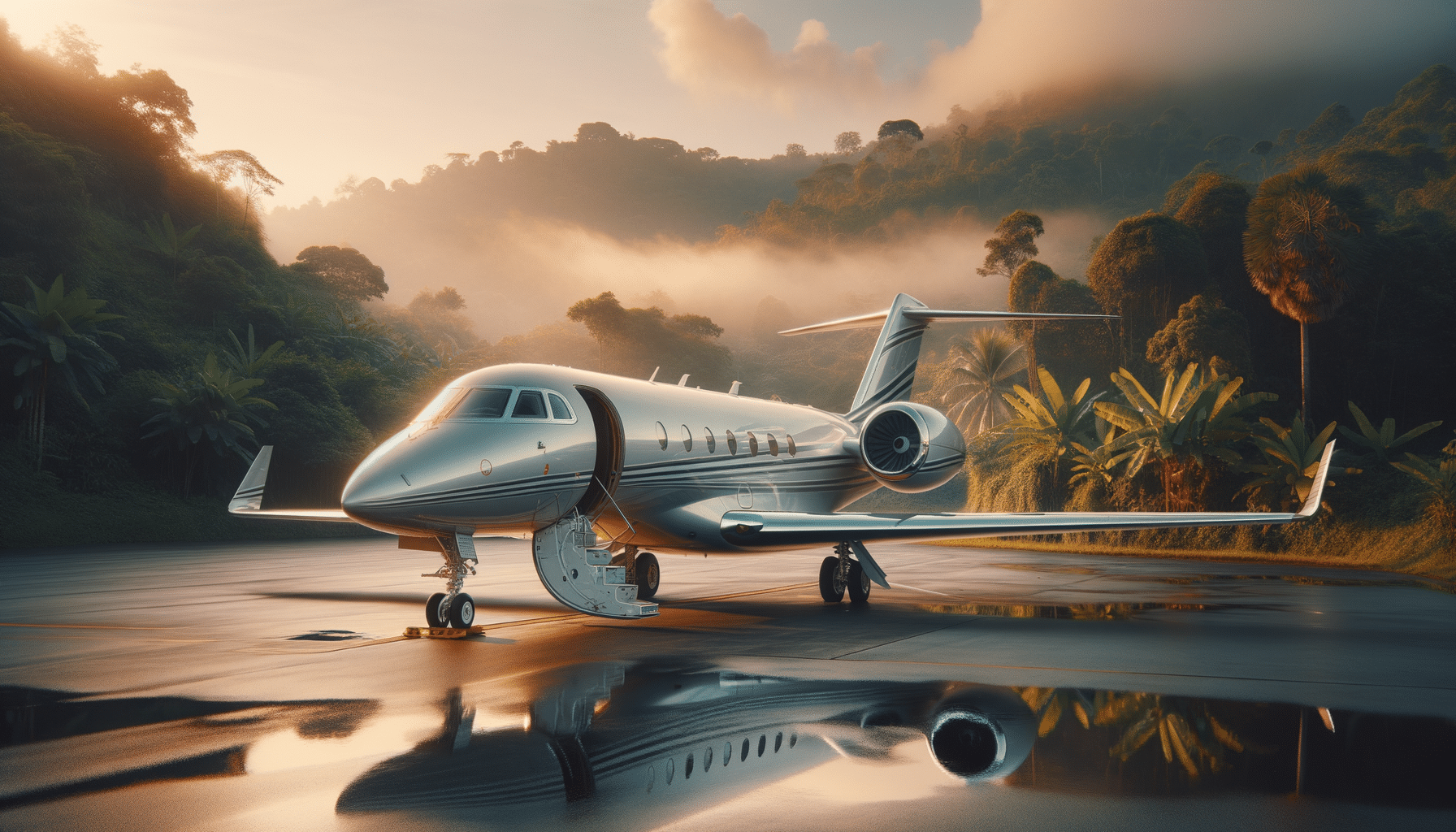
Exploring the World of Private Air Travel
Introduction to Private Air Travel
Private air travel has long been associated with luxury, exclusivity, and convenience. It offers an unparalleled level of comfort and efficiency, making it a preferred choice for high-net-worth individuals, business executives, and celebrities. As commercial airports become increasingly congested, the allure of bypassing lengthy security lines and boarding procedures grows. This article explores the multifaceted world of private aviation, examining its advantages, challenges, and the evolving landscape of private jet travel.
The Advantages of Private Air Travel
One of the primary benefits of private air travel is the freedom and flexibility it offers. Passengers can set their own schedules, choose departure times that suit their needs, and avoid the rigid timetables of commercial airlines. This flexibility extends to the choice of airports, enabling travelers to land closer to their final destination.
Private jets provide an exceptional level of comfort and privacy. Unlike commercial flights, passengers have the entire aircraft to themselves, allowing for uninterrupted work or relaxation. The interiors of these jets are often equipped with luxurious amenities, such as plush seating, high-speed internet, and gourmet catering, ensuring a comfortable journey.
- Time-saving: Private jets significantly reduce travel time by eliminating layovers and minimizing wait times.
- Convenience: Travelers can arrive at the airport just minutes before departure, avoiding long security lines.
- Safety: Private aviation offers a high level of security, with personalized checks and minimal exposure to crowded spaces.
These advantages make private air travel an attractive option for those who value their time and comfort.
Challenges in the Private Aviation Industry
Despite its many benefits, private air travel is not without its challenges. One of the most significant hurdles is the cost. Operating a private jet requires substantial financial resources, from purchasing or leasing the aircraft to covering maintenance, fuel, and staffing expenses. This high cost limits access to a small demographic.
Environmental concerns also pose a challenge. Private jets have a larger carbon footprint per passenger compared to commercial flights, leading to increased scrutiny from environmental groups. The industry is actively exploring sustainable aviation fuels and more efficient aircraft designs to mitigate these impacts.
- Regulatory hurdles: Navigating airspace regulations and obtaining necessary permits can be complex and time-consuming.
- Market fluctuations: Economic downturns can impact demand for private air travel, affecting the industry’s stability.
Addressing these challenges is crucial for the continued growth and sustainability of the private aviation sector.
The Future of Private Air Travel
The future of private air travel looks promising, with advancements in technology and a growing emphasis on sustainability. Electric and hybrid aircraft are being developed to reduce emissions and operating costs, making private jets more environmentally friendly.
Innovations in aircraft design and materials are enhancing fuel efficiency and passenger comfort. Moreover, the rise of fractional ownership and jet card programs is making private air travel more accessible to a broader audience. These programs allow individuals to purchase a share of an aircraft or pre-purchase flight hours, reducing the financial burden of owning a jet outright.
- Technological advancements: The integration of AI and IoT is streamlining operations and enhancing passenger experiences.
- Increased competition: New entrants in the market are driving innovation and offering competitive pricing models.
As the industry evolves, private air travel is set to become more sustainable and accessible, catering to a diverse range of travelers.
Conclusion: The Allure of Private Aviation
Private air travel continues to captivate those seeking luxury, convenience, and efficiency. While challenges such as cost and environmental impact exist, the industry is actively working towards solutions that promise a more sustainable and inclusive future. With technological advancements and innovative business models, private aviation is poised to remain a significant player in the travel industry, offering unparalleled experiences to those who choose to fly above the ordinary.